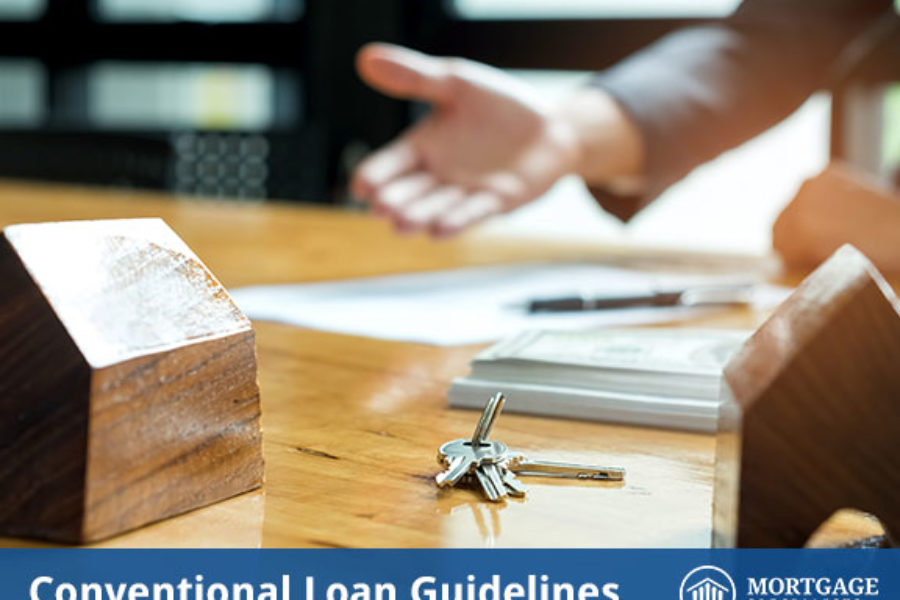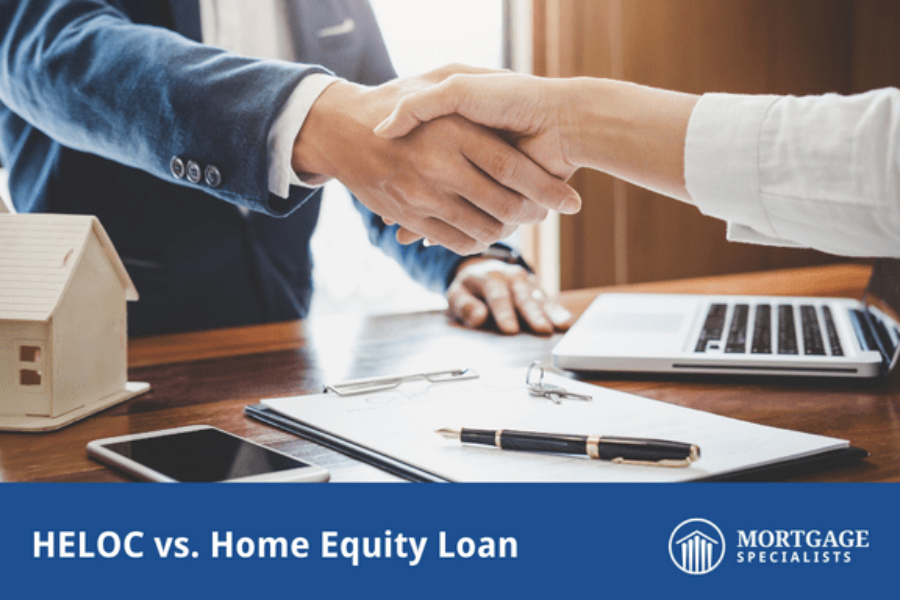When we speak with first-time home buyers, we’re often met with surprise when outlining the amount of money needed to buy. Many clients come to us knowing about the down payment and monthly mortgage payment, and that’s about all. We’d like to go over the general expenses to expect when buying a home, as well as the money we’d recommend having on hand.

You Might Also Like: A Complete Overview Of The Home Buying Process
Down payment
With any conventional loan, a down payment is required. They range anywhere from 3% down to 20%. For down payments less than 20%, private mortgage insurance (PMI) is added to your monthly mortgage payment. Your PMI fees generally add up to .15-1.95% of your loan balance each year.
Mortgage insurance pricing is divided into tiers every 5%. This means that if you put 5-9% down, you will pay the same percentage for insurance. If you can manage to put 10% down, you can reduce the amount you’re paying for insurance.
You Might Also Like: Down Payment Saving Techniques
Closing costs
Closing costs are fees related to the real estate transaction itself. Included in the closing costs are payments to everyone who has worked on your loan from the underwriter to the appraiser. Buyers can expect closing costs to add up to about $2,000-3,000.
Prepaids
Prepaids got their name because they are paid at closing, which is technically before they’re due. These costs are related to the actual home itself, not the real estate transaction. The three most common prepaids are property taxes, homeowner’s insurance, and mortgage interest.
Property taxes and homeowner’s insurance are collected at closing and placed into an escrow account. The money is collected ahead of time to ensure there is money for the bills to be paid when the time comes.
Mortgage interest is a little different than the other two. The amount collected at closing is the amount that will accrue between closing and the end of the month.
You Might Also Like: What Are Prepaids and Closing Costs?
Home inspection
You can expect to pay your home inspector $200-400 for a general inspection and more to test for radon and mold. Home inspectors are generally paid out-of-pocket before closing.
Earnest deposit
An earnest deposit is the money you put down in good faith when you submit an offer on a home. Many people elect to put $1,000-5,000 to show that they’re serious about purchasing the home. After your offer is accepted, the amount gets credited to your cash at closing.
You Might Also Like: Conventional Loan Guidelines
Utility cost adjustments
While not a cost due at closing, it’s important to prepare for higher utility costs if you’re purchasing a larger space than you currently live in. You can also expect to spend more heating and cooling a detached home than you would an apartment or attached housing.
Money for emergency repairs
Most experts advise homeowners to have 2-3% of their home’s purchase price saved at any given time to be used for emergency repairs.
Before you begin looking for homes, it’s important to make sure you have the money needed to buy. Not sure if you do? We’d love to help you determine whether or not you’re ready to buy.
Our online application takes anywhere from 5-20 minutes to complete. Once submitted, we can have you pre-approved for a loan in just a few hours.











 © Mortgage Specialists.
© Mortgage Specialists. 